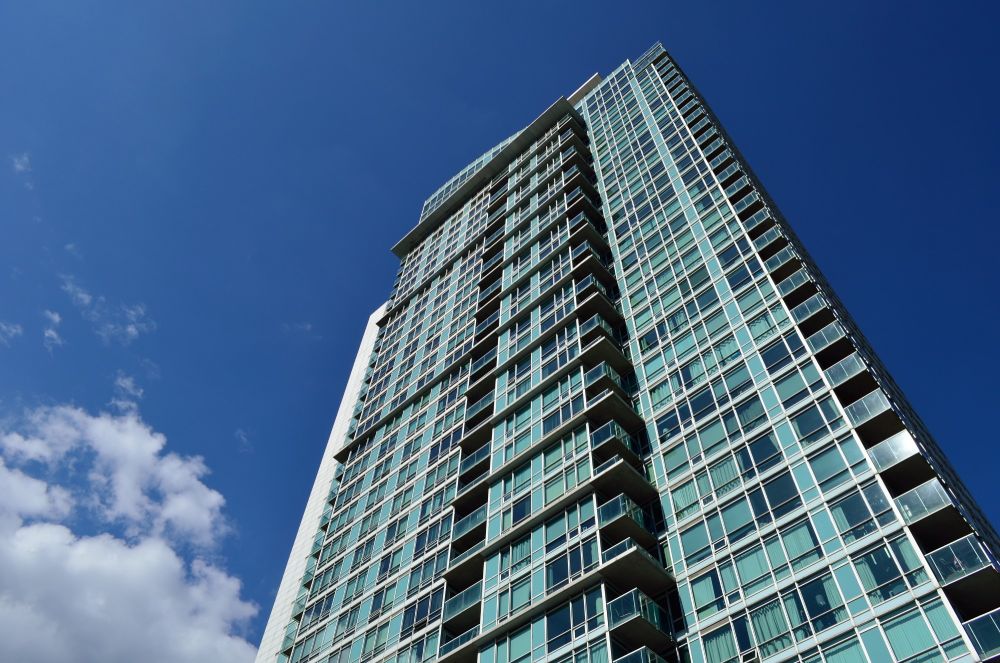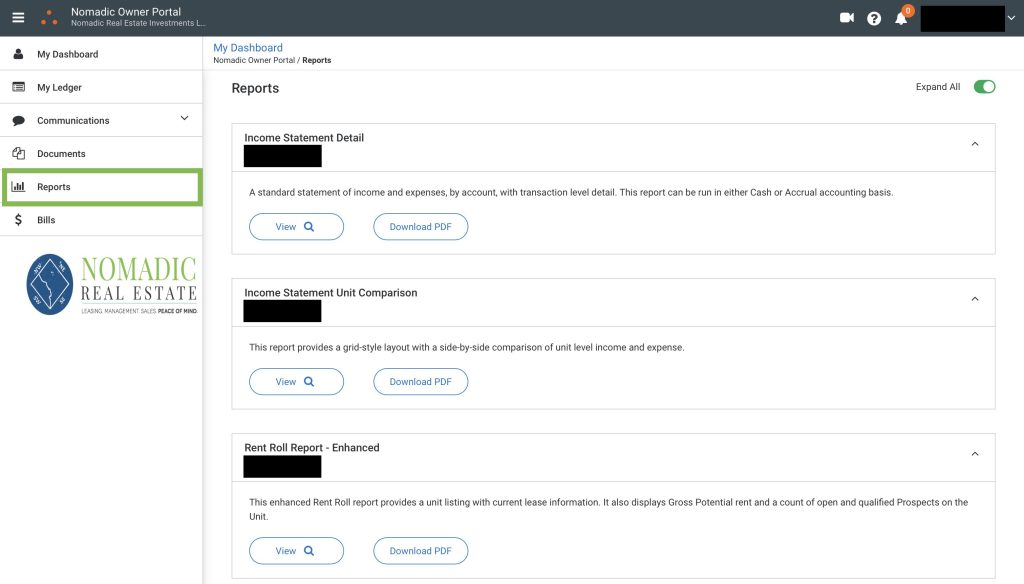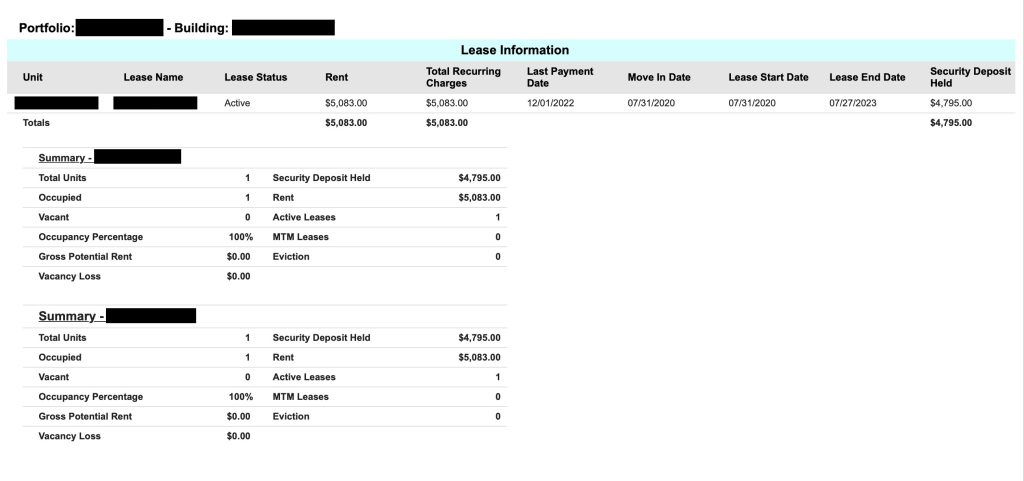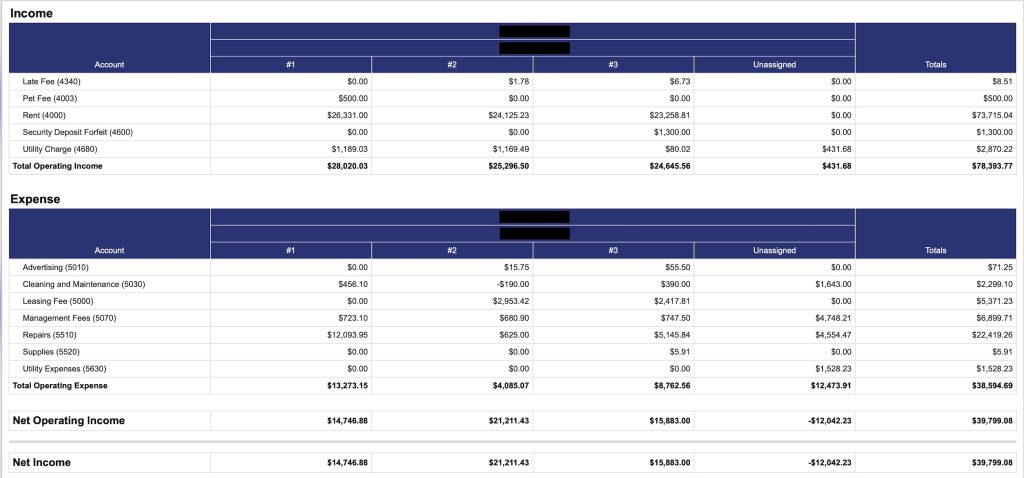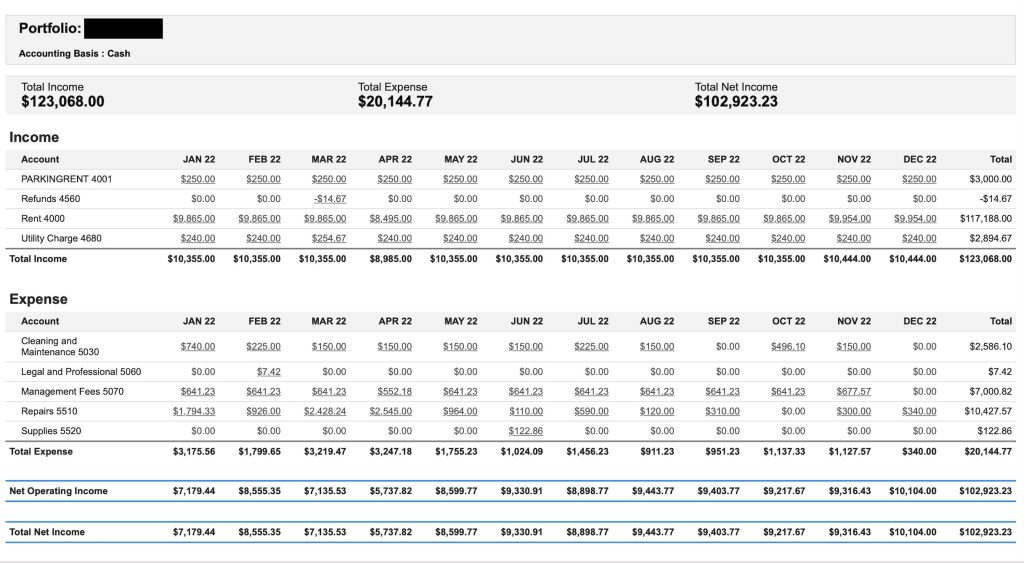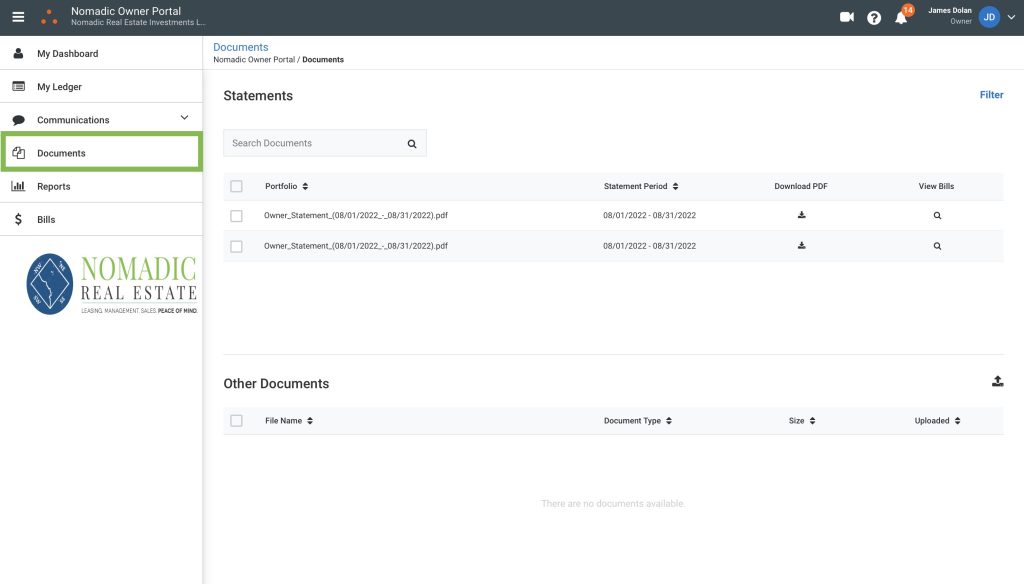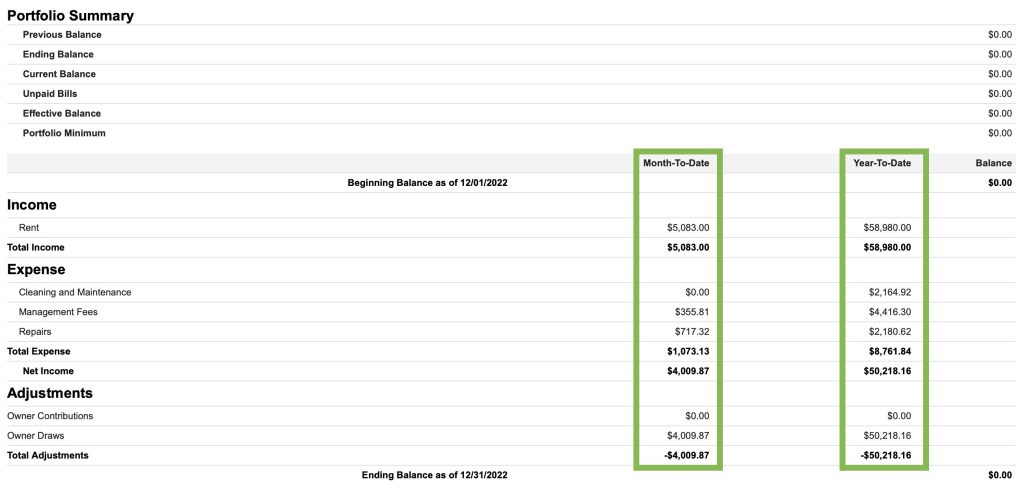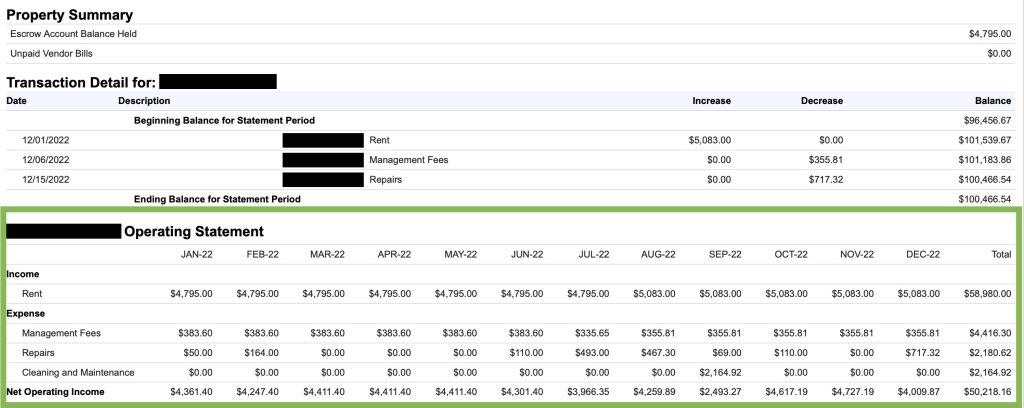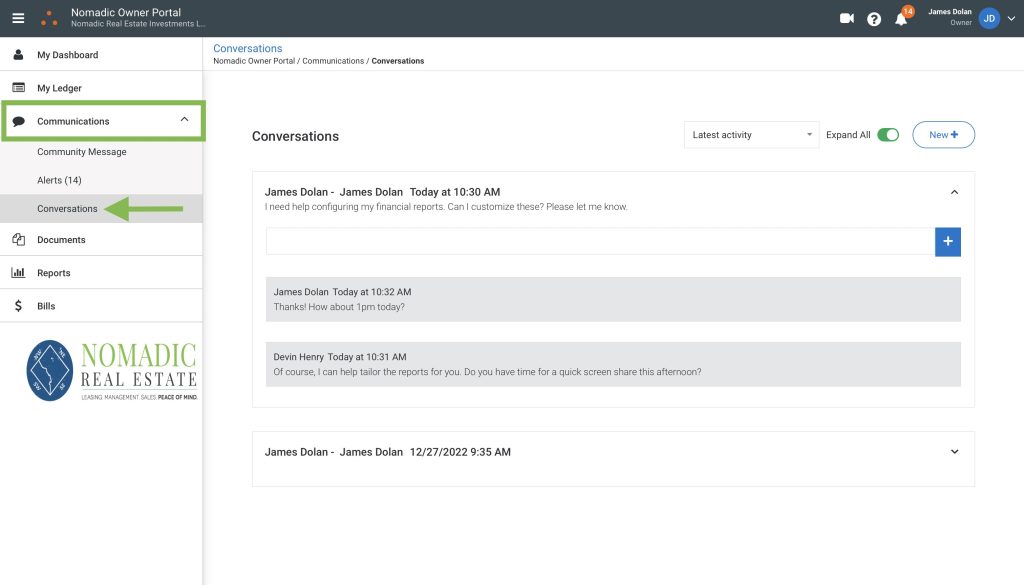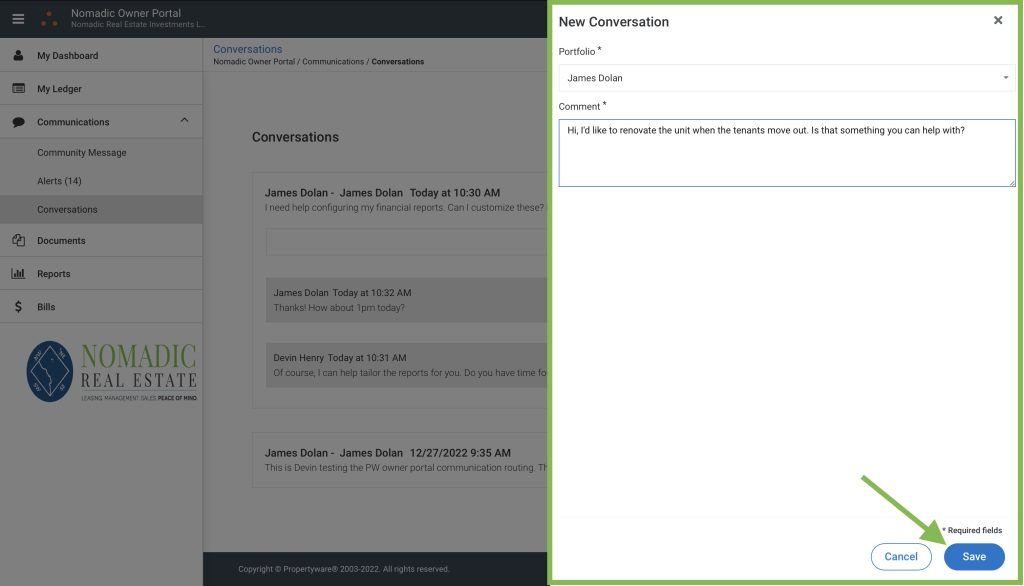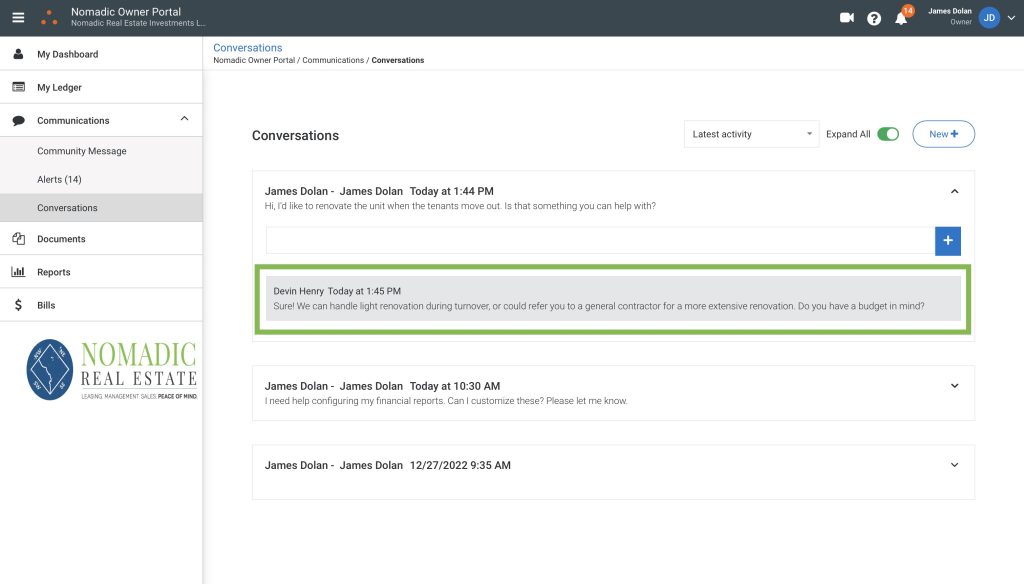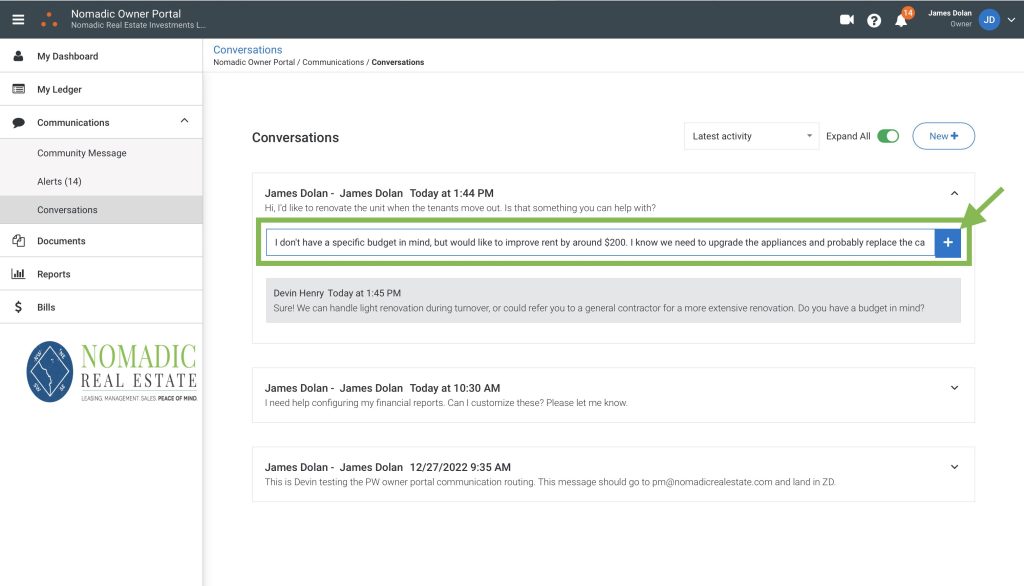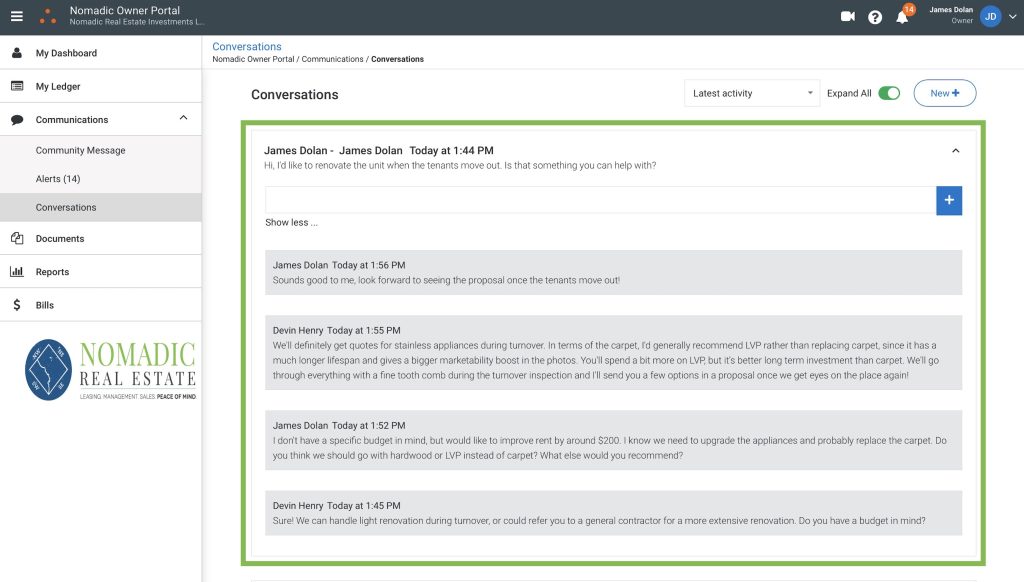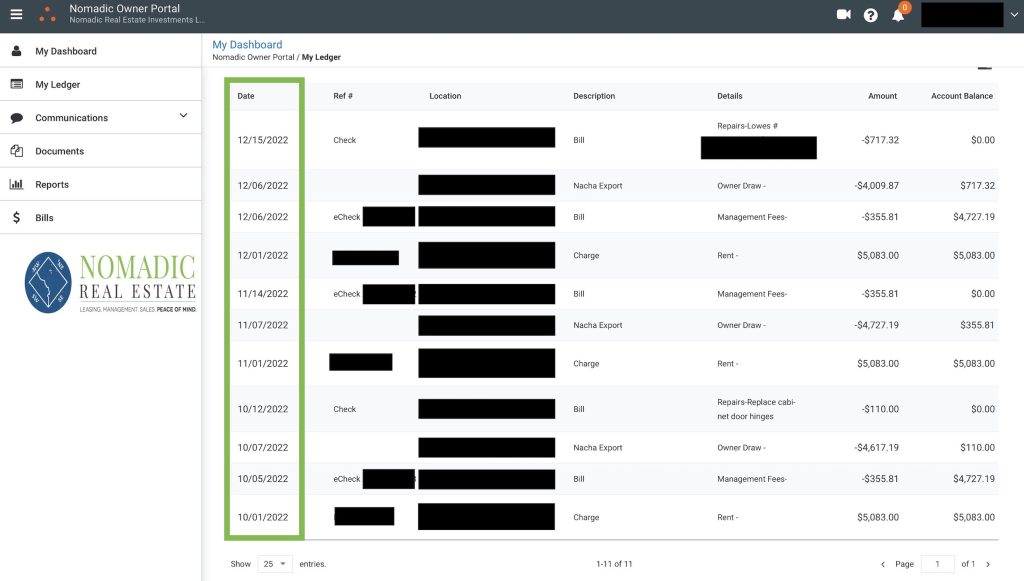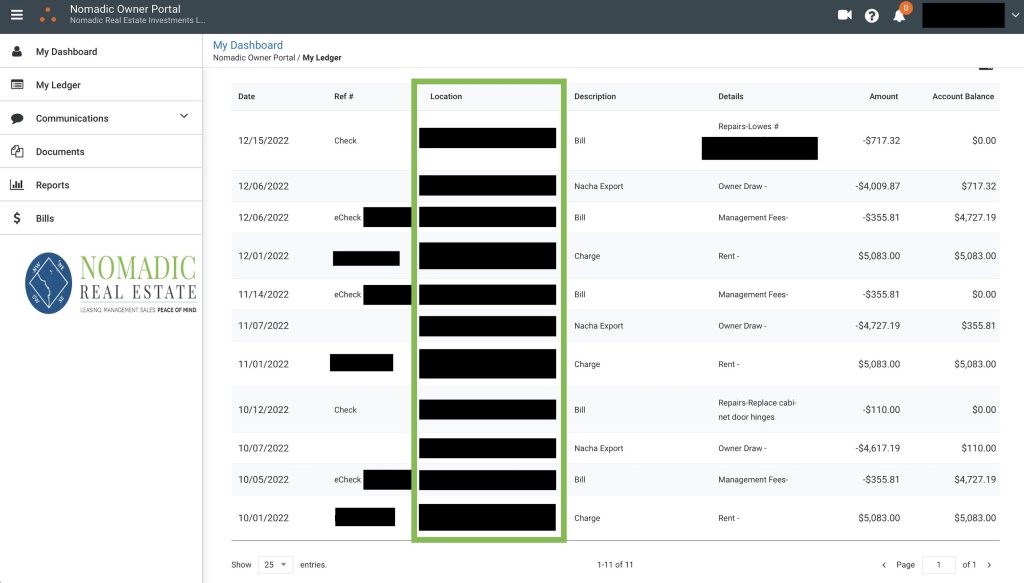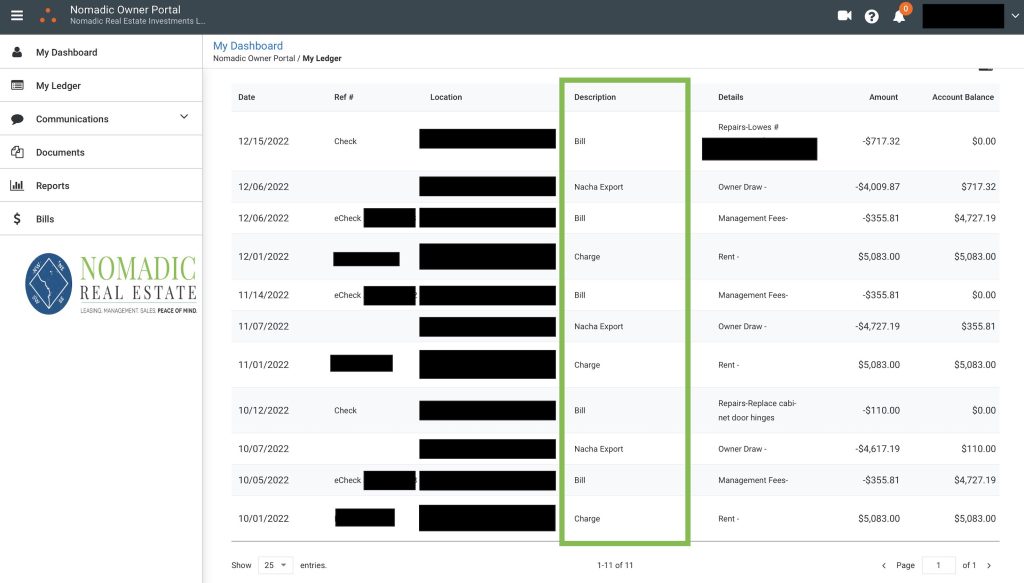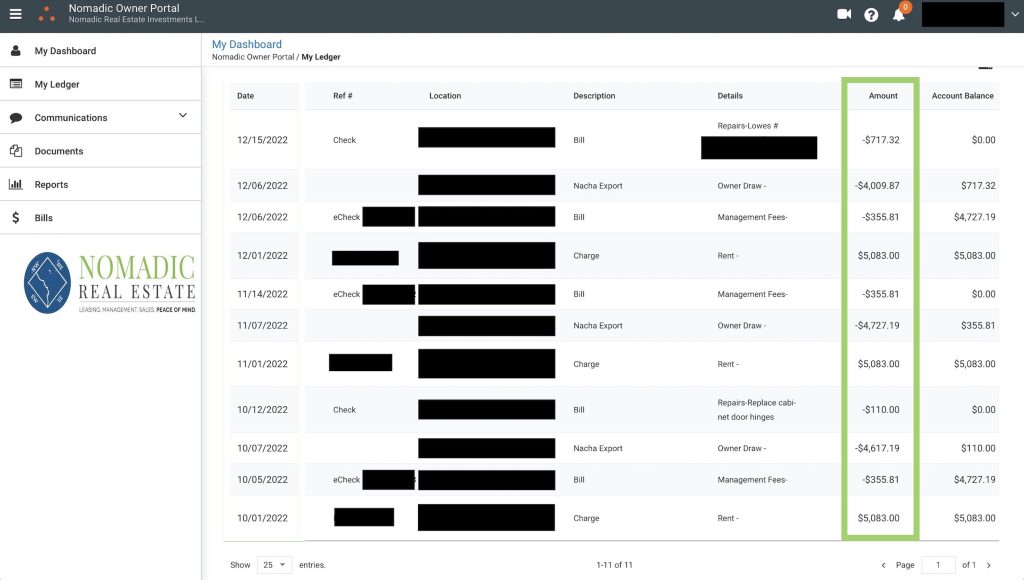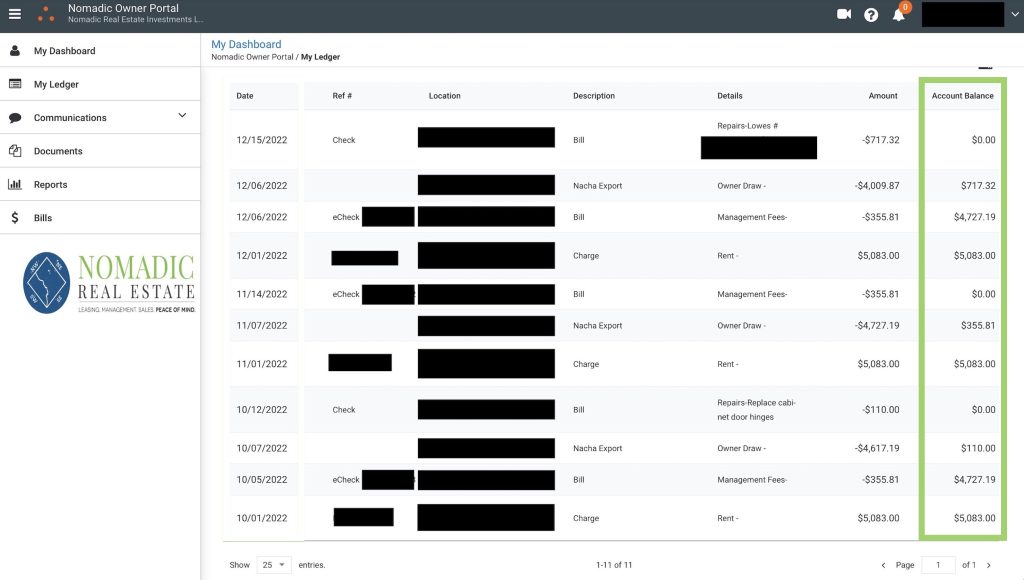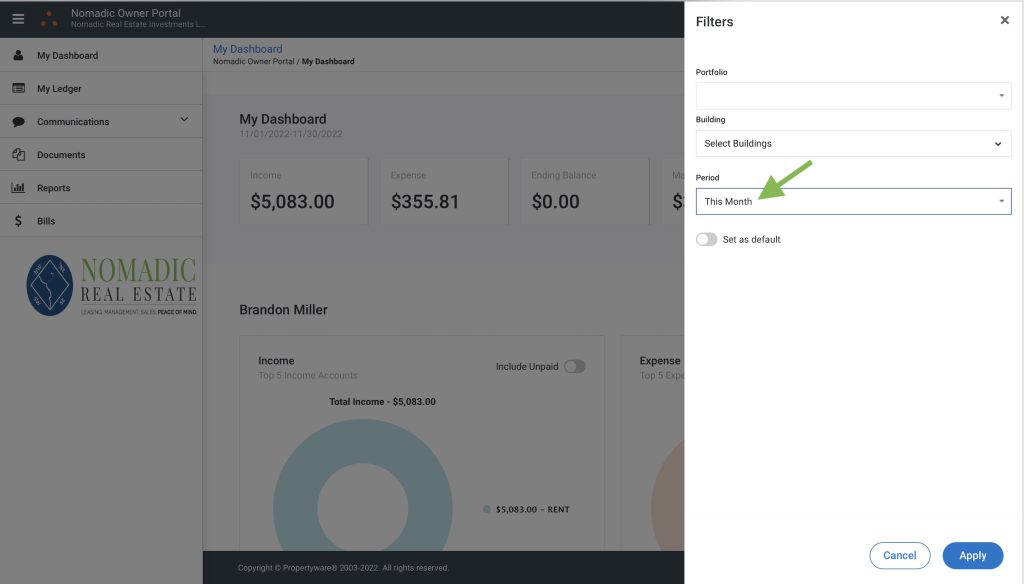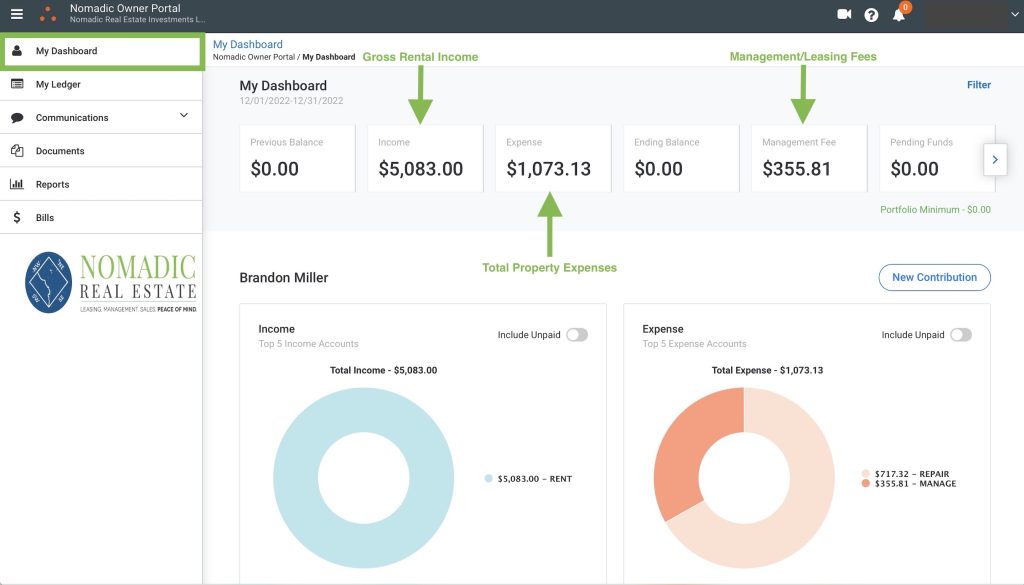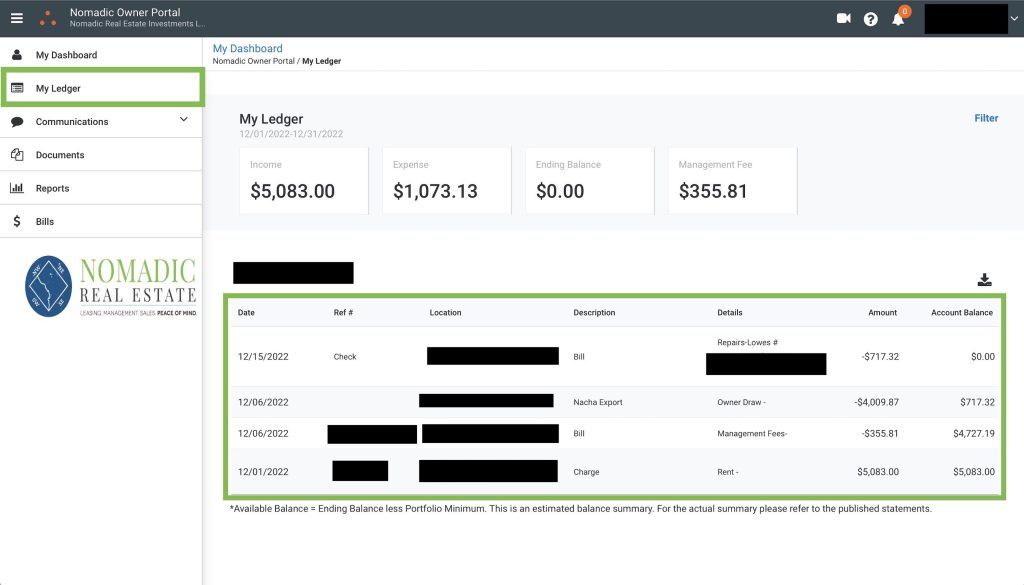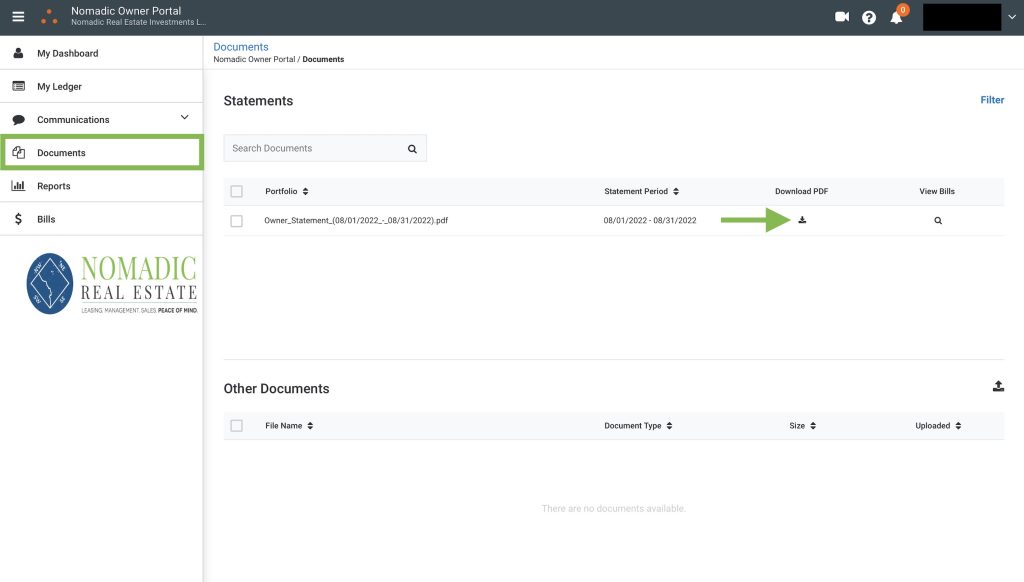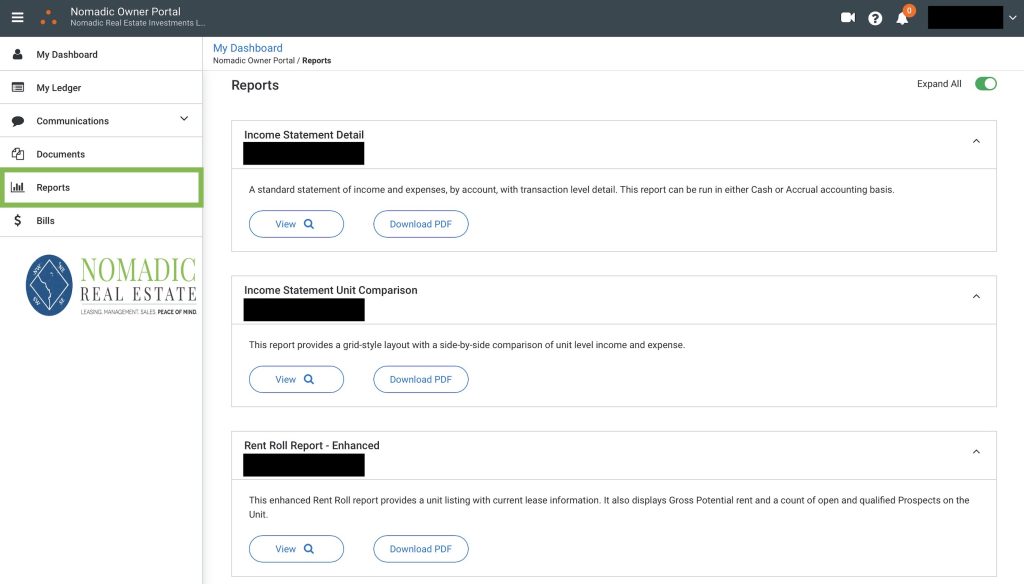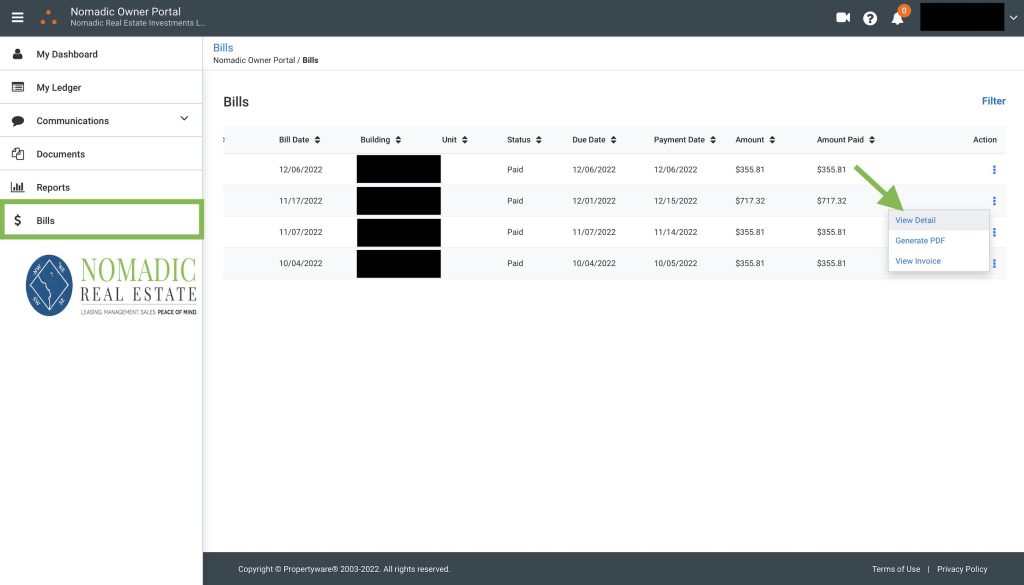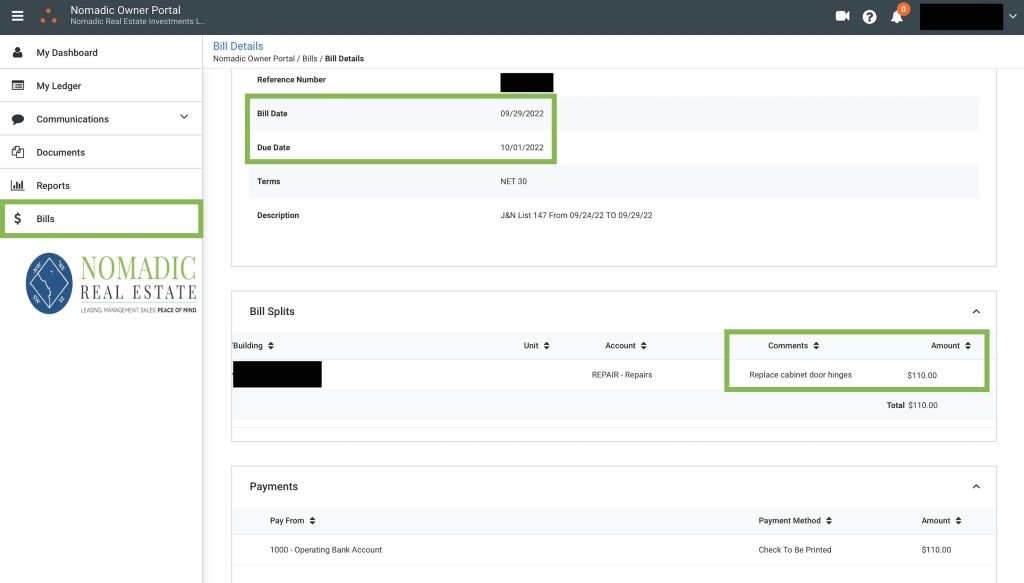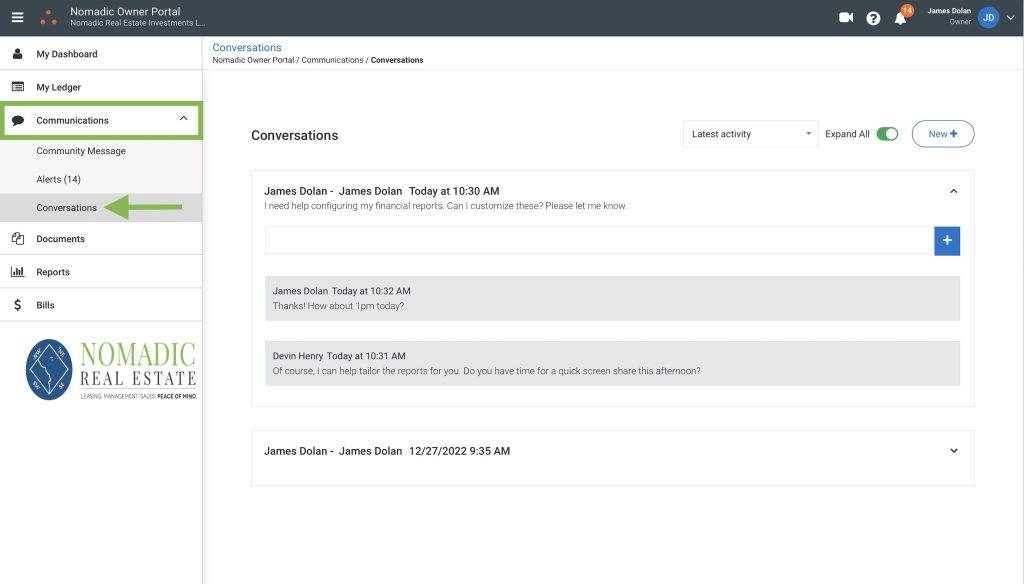You thought your real estate journey would be smooth sailing. Then came along an unprofessional property manager like a nightmare. Suddenly, your dreams of a hassle-free investment began to look more like a mirage in the desert.
An unprofessional property manager can turn what should be a profitable endeavor into an absolute nightmare. Skulking behind the facades of both grand apartment complexes and quaint neighborhood dwellings, they wait to ensnare the unwary. You don’t have to dig far into online forums to realize that both property owners and tenants have had their fair share of horror stories.
But here’s where it gets tricky. How do you spot one before they wreak havoc on your real estate aspirations? And if you’re already caught in their web, what steps can you take?
This blog will answer those questions for you and show you steps you can take so your hard earned investment doesn’t become like an albatross.
Identifying Unprofessional Property Management Practices
Anecdotal evidence points to ‘mom-and-pop’ owner-operators as often being among our least professional in managing properties. It’s not all on them though; sometimes, even larger management companies drop the ball.
- Lack of communication? Red flag.
- Tenants always complaining? Another red flag.
- Maintenance requests disappearing into a black hole? Big red flag.
We’ve seen these signs and more when dealing with unprofessional property managers. And trust me, they’re not just small bumps on the road but potential sinkholes for your investment.
Consequences of Unprofessional Behavior in Real Estate
Dealing with unprofessional conduct can escalate beyond mere frustration, significantly impacting both property owners and renters in profound ways. Bad management practices don’t just annoy people; they hit where it hurts most – the wallet.
You might think legal troubles are what you should worry about most with an unscrupulous manager at the helm. But oh boy, there’s more. From plummeting asset values to increased vacancy rates—your bottom line could suffer big time because someone couldn’t keep up with basic tasks like collecting rent regularly or addressing tenant complaints promptly.
This isn’t just us sounding off either – ignoring landlord tenant laws or letting living conditions slide can lead straight to financial ruin. So yeah, having an unreliable property manager is kind of a big deal of increasing cash flow and asset value are on your radar (which I’m guessing they are).
Do your homework before signing leases or handing over keys to any old Joe claiming he can manage properties. Look out for those telltale signs of poor management practices and understand that cutting corners now could mean paying dearly later on – both financially and emotionally speaking. Avoid becoming another horror story shared in online forums by choosing wisely who gets to look after one of your biggest investments: Your rental property.
Reporting and Resolving Issues with Property Managers
Finding yourself tangled up with an unprofessional property manager? Let’s walk through the steps you can take before it escalates to filing a complaint. Because let’s face it, no one likes jumping straight into legal battles.
Steps to Take Before Filing a Complaint
Directly Address Issues: Start by talking directly to your property manager about the issues at hand. Occasionally, initiating a candid dialogue can miraculously resolve many problems.
- Contact Higher-Level Management: If chit-chat doesn’t cut it, escalate the matter. Reach out to higher management or even the company owner if necessary.
- Review Your Contract: Whip out that contract and go over it with a fine-tooth comb. Look for any terms regarding dispute resolution and what is expected from both parties.
- Gather Evidence: Keep records of all interactions – emails, calls, letters. This paperwork could be crucial later on.
Sometimes these steps are enough to resolve most issues because hey, companies do care about their reputation after all.
Where to Report Unprofessional Managers
If you’ve tried everything above but still find yourself stuck in muddy waters with your property management situation—don’t worry. There are places where you can report bad property managers.
- The first stop should always be filing a complaint directly with the company’s higher-ups; give them a chance to fix things internally.
- If that doesn’t help, time for external reinforcements: consider reaching out to organizations like the Better Business Bureau (BBB), or your state’s real estate licensing board which keeps tabs on certified managers’ conduct and certifications.
No one signs up for dealing with dodgy management when they get into real estate investing or renting properties—but sometimes life throws us curveballs we need to swing at. Just remember: keep calm, gather evidence, and follow these steps carefully. You’ve got this.
The Importance of Professional Property Management for Landlords
Ever wonder why the smartest real estate investors rave about their property managers? It’s not just talk. Good property management companies are like gold in the world of real estate investment.
Benefits of Hiring a Reputable Manager
- Cash Flow Queen: They’re wizards at keeping those rent checks flowing in, which means steadier cash flow for you.
- Maintenance Magicians: Got a leaky faucet or an AC on the fritz? No worries. A top-notch manager handles these headaches so you don’t have to lift a finger.
- Tenant Whisperers: Finding and keeping great tenants is an art—and your property manager is Picasso. Say goodbye to vacancy woes.
This isn’t just good news; it’s great news because it directly impacts your bottom line (and peace of mind).
Key Responsibilities of Professional Managers
A professional property manager does more than collect rent and call plumbers. They’re responsible for juggling multiple balls all at once while wearing several hats—sometimes simultaneously.
- Rent Collection Royalty: They make sure that rent lands in your bank account regularly without fail.
- Savvy Financial Reporting: Your financial reports will be as neat as a new pin, making tax time less taxing.
- Masters at Managing Multiple Properties: If you’ve got more than one asset under your belt, they keep everything running smoothly without mixing up properties.
Choosing the Right Property Management Company
Choosing a reputable property management company is important for ensuring your real estate investments are well-maintained and profitable. Here are key factors to consider:
1. Experience and Local Market Knowledge
Look for a company with extensive experience in property management, particularly in your property’s local market. Understanding local regulations, market rates, and tenant preferences is vital.
2. Services Offered
Ensure the company offers a comprehensive range of services that match your needs, including property marketing, tenant screening, rent collection, maintenance and repairs, and financial reporting.
3. Reputation and Reviews
Check online reviews, ratings, and testimonials. Consider feedback from current and former clients to gauge the company’s reputation. Ask for references.
4. Communication and Customer Service
Effective communication is key. The company should be responsive and able to communicate with you and your tenants efficiently. Assess their customer service quality.
5. Fees and Contract Terms
Understand their fee structure and what services are included. Fees should be competitive and transparent. Review their contract terms carefully, noting the length of the agreement, cancellation policy, and any additional fees.
6. Tenant Screening Processes
A reputable company should have a thorough and transparent tenant screening process to find reliable tenants, including credit checks, employment verification, and reference checks.
7. Maintenance and Repair Policies
Check how they handle maintenance and repairs. Look for a company that has a proactive maintenance policy and a reliable, cost-effective network of contractors.
8. Technology and Reporting
Assess their use of technology for property management tasks, such as online rent payments, maintenance requests, and financial reporting. Regular, detailed financial reports are crucial for tracking your investment.
9. Insurance and Licensing
Ensure the company has the necessary licenses to operate in your area and carries adequate insurance coverage, including liability and errors and omissions insurance.
10. Alignment with Your Goals
The company should understand your long-term goals and strategies for your property, whether it’s maximizing occupancy, increasing rental income, or maintaining property value.
Red Flags to Watch Out For When Selecting a Manager
Finding the right property management company feels like searching for that needle in a haystack, doesn’t it? Scouring for a property management team, you aim to find the ideal mix of expertise, professionalism, and dependability.
But hold up. Before you sign on the dotted line, let’s talk about some red flags that might signal you’re heading towards hiring trouble.
- Unprofessional Appearance: First impressions matter. If they can’t be bothered to present themselves well to you, how will they represent your property?
- Lackadaisical Communication: It’s not a great sign if reaching them is tougher than solving a Rubik’s Cube blindfolded. Responsive communication is key.
- Late to Appointments: Time is money. And their tardiness could indicate poor time management skills or lack of respect for yours.
- No Emergency Services: Properties don’t adhere to business hours. A good manager should have protocols in place for emergencies—24/7.
- Lacking References or Proof of Work: No track record? That’s like walking into a dark room without a flashlight – risky.
You want someone who’ll treat your investment with care and expertise; anything less just won’t cut it. Finding the right match takes patience and diligence but remember: quality over convenience every single time.
A stellar property manager, after all, isn’t just an expense—they’re an investment into your property’s future success. So take these warnings seriously; avoid those glaring red flags waving at you from afar because guess what? Your ideal property manager—the one who’ll bring peace of mind and profitability—is out there waiting for you.
Picking wisely means fewer headaches down the road and more time focusing on what matters most: growing your real estate portfolio with confidence.
Navigating the Challenges of Rental Properties
Strategies for Minimizing Vacancies
Vacancy rates got you worried? Let’s tackle that head-on. Because let’s face it, empty properties don’t just sit there; they eat into your profits. It’s like throwing a party and nobody shows up – not fun, right?
- Keep Your Property in Top Shape: First impressions matter. Make sure your rental looks inviting both online and in person.
- Pricing It Right: Too high and you scare people off; too low, and you’re leaving money on the table. Find that sweet spot.
- Sweeten the Deal: Sometimes a little incentive goes a long way. Think about offering the first month free or including utilities.
A strategy well-played can turn those vacancy worries into history.
Addressing Common Rental Challenges
Rental property management isn’t always smooth sailing – sometimes it feels more like dodging icebergs. But hey, challenges are just opportunities in disguise, right?
- Maintenance Requests Piling Up?: The key here is responsiveness. Nimbly addressing issues not only pleases your renters but also safeguards the worth of your estate.
- Tenant Complaints?: Honest communication can defuse most situations before they escalate. Listen to their concerns genuinely – it makes all the difference.
- Late Rent Payments?: This one’s tricky but setting up automatic payments can help ensure rent comes in on time without having to chase anyone down.
Facing these challenges head-on not only improves tenant relations but also helps maintain (or even increase) your property’s worth over time.
Dealing With An Unprofessional Property Manager: The Bottom Line
So, we’ve ventured through the murky waters of dealing with an unprofessional property manager. Navigating this path has been like deciphering a map littered with warnings and strategies, leading us from identifying warning signs to securing a foothold in competent management.
The truth is as clear as daylight; aligning yourself with a bad property manager isn’t just about enduring headaches—it’s about protecting your investment and dreams from turning into financial quicksand. This tale isn’t spun from thin air or drawn from the depths of overactive imaginations. No, it’s rooted in real-world experiences that many have lived to tell.
Make sure the company you choose is Nomadic Real Estate. With over 15 years of experience in managing properties, we have the expertise and professionalism that will give you peace of mind. Visit us today!


